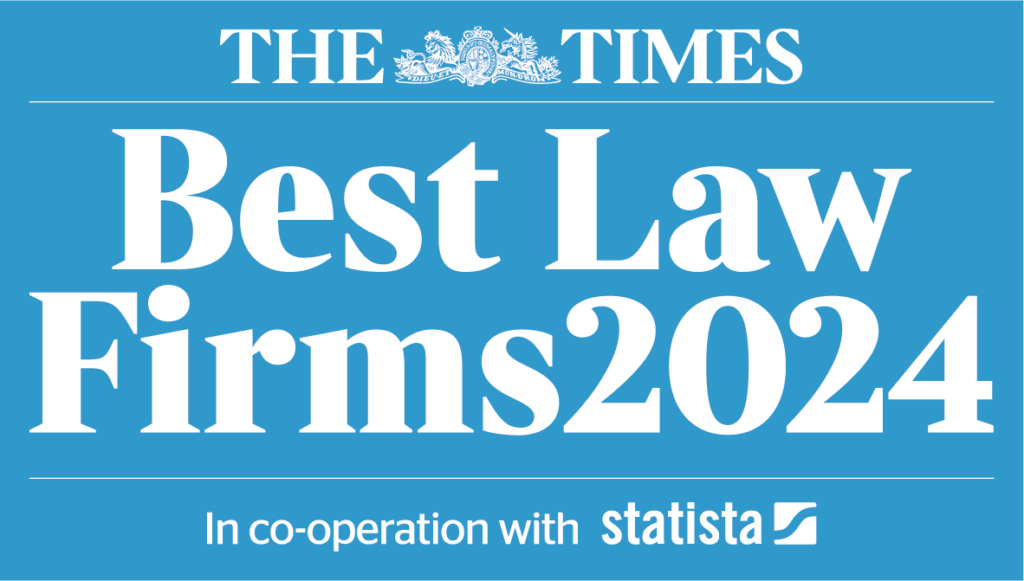For business,
for life, for you.
Herrington Carmichael is a full service law firm offering legal advice to UK and international businesses as well as individuals and families.
For business...
We provide specialist legal services with dedicated experts operating at the forefront of their individual areas of law. Our client-base covers multi-national organisations, entrepreneurial businesses and individuals.
For life...
Herrington Carmichael Solicitors has been advising families and businesses for over 180 years across Hampshire, Surrey and the Thames Valley. We offer a wide range of services, beyond that of a traditional Family and Private Client law firm to meet the demands of our clients.
Legal Services
Herrington Carmichael Solicitors has been giving legal advice for over 180 years in Hampshire, Surrey and the Thames Valley. Today we operate across the UK and Internationally providing our legal services from our offices in London, Farnborough, Reading and Ascot.
People
We provide specialist legal services with a range of dedicated experts operating at the forefront of their individual areas of law.
Careers
People and relationships are central to our ethos of being a leading provider of legal solutions in both life and business. Our success is measured by its people and every one of our team has a part to play
Get in Touch
If you would like to speak to one of our solicitors for expert legal advice or our careers team, here’s how to get in touch.
Best Law Firms 2024
Herrington Carmichael has once again been named in the Times Best Law Firms. We were first listed in 2023 and have once again made the Best Law Firms list for 2024.



